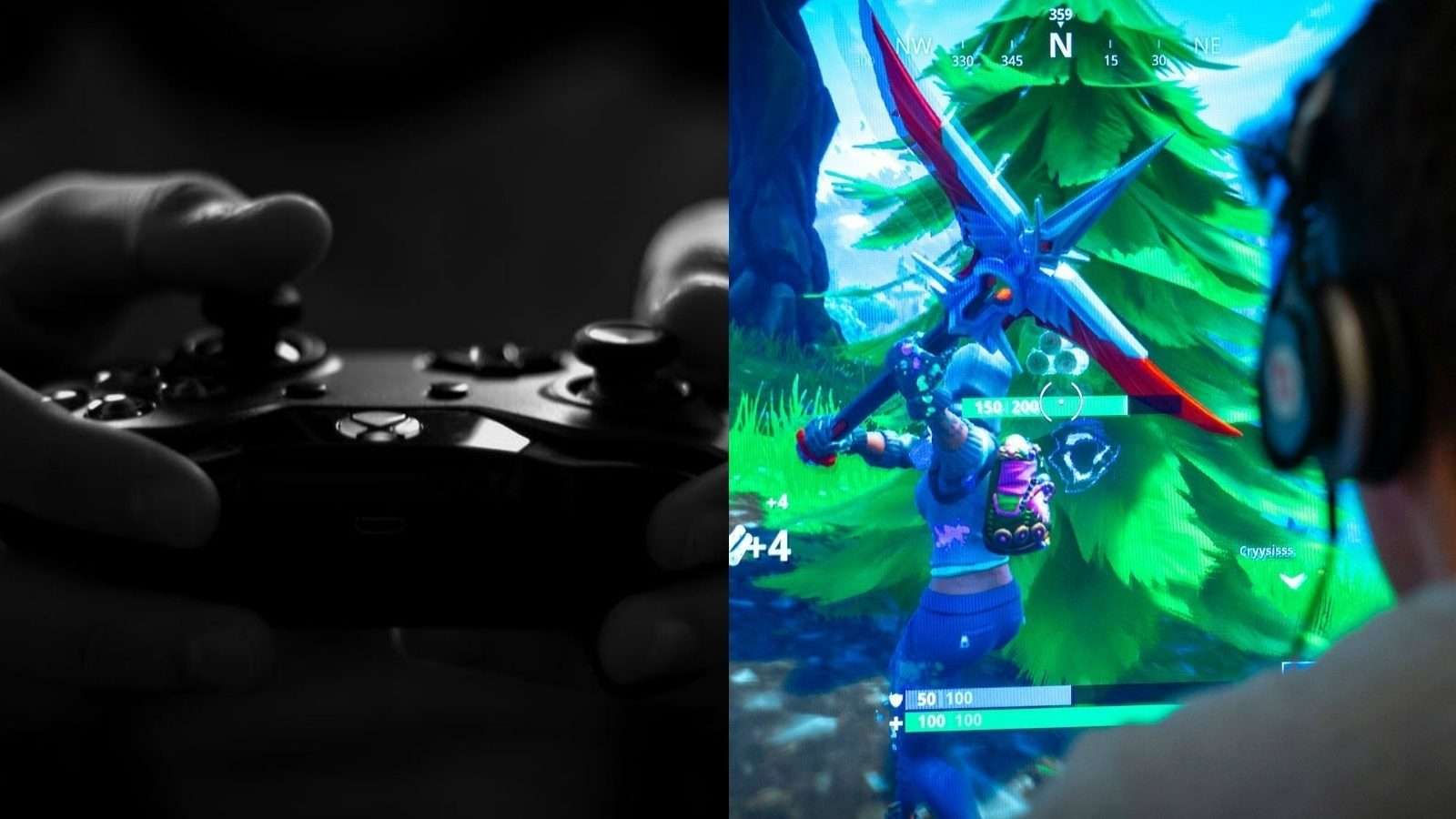UK Hospital To Launch First Ever Gaming Disorder and Addiction Clinic

A hospital in London is set to open the first ever clinic focused on ‘gaming disorder’ for young people and adults, after the World Health Organization classified the ailment as a mental health condition on June 18th.
The center will be funded by the NHS and operated by the Central and North West London NHS foundation trust, as reported by the Guardian.
[ad name=”article1″]
Although initially focusing solely on gaming disorder, the center plans to expand to cover all forms of internet and media based disorders and addiction.
The clinic’s founder, psychiatrist Henrietta Bowden-Jones explained that gaming disorder is ‘finally getting the attention it deserves.’
[ad name=”article2″]
The clinic will run a weekly therapy group for ‘gaming addicts’, and Bowden-Jones explains this is only the beginning.
“Gaming disorder is finally getting the attention it deserves. The distress and harm it can cause is extreme and I feel a moral duty on behalf of the NHS to provide the evidence based treatment these young people and their families need.
This is the first step, but the Centre for Internet Disorders will deal with other internet compulsions, if and when needed, when funding is available. If we end up with 20 people or 30 wanting to be treated for porn addiction, for example.”
[ad name=”article3″]
The news of the WHO’s mental health classification and the emergence of this clinic has split opinion, with some experts claiming it is necessary and ‘overdue’, such as Jeff van Reenen who runs an addiction treatment program at another UK hospital.
“Internet, social media and gaming addictive or dysfunctional behaviour has been rife for a long time and completely unaddressed other than by people like us.”
But psychologist Anthony Bean, executive director of a mental health clinic in Fort Worth, Texas, says that limiting the ambit to ‘gaming’ could be too narrow a scope.
I don’t think a centre for gaming or internet addiction is a good idea. The worry is that it means you are only paying attention to what is going on in front of you rather than around you, which in this case would be the concept of a gaming disorder possibly suggesting that there could be no other reason why a person is seeking mental health treatment. A pigeonhole tactic could lead to misdiagnosis.
- More: TSM’s Myth Expresses Concern With Community Members Joking About ‘Gaming Disorder’ Classification
[ad name=”article4″]
There has been increased attention on gaming disorder and ‘addiction’ from the mainstream media since the WHO’s classification, but the response to it has certainly split opinion.
The BBC even ran a story suggesting that 20 hours a week qualified as an addiction, despite the WHO not stating anything about a period of time which would lead to a diagnosis, rather it is the impact of playing games on one’s life that is important.



